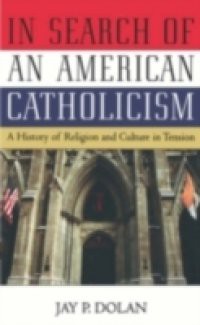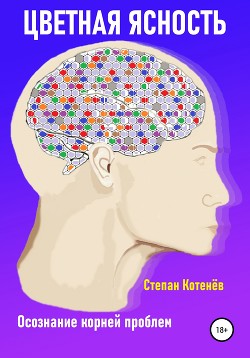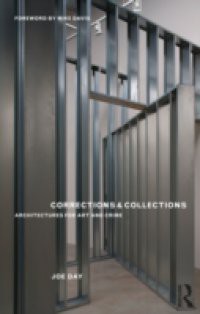For more than two hundred years, writes eminent Catholic historian Jay P. Dolan, Catholics have struggled to reconcile two sets of values, as Americans and as Catholics. In this incisive, elegantly written account, Dolan explores how Catholics have met the challenges they have faced as New World followers of an Old World faith. The ideals of democracy--and American culture in general--have deeply shaped Catholicism in the United States, Dolan argues, even as far back as 1789, when the nation's first bishop was elected by the clergy (and the pope accepted their choice). Dolan follows the tension between American democratic values and Catholic doctrine, from the conservative reaction after the fall of Napoleon, to the modernist movement of the late nineteenth century, to the impact of the Second Vatican Council. Dolan explores grassroots devotional life; the struggle against successive waves of nativism, from nineteenth-century Know-Nothings to the Ku Klux Klan of the 1920s; the impact--and often, collision--of different immigrant groups and their traditions; and the disputed issue of gender. He shows throughout that influences have flowed in both directions; belief and church traditions have shaped Catholics' sense of citizenship, community, and public advocacy. Today, the author writes, the tensions remain, as we see signs of both a resurgent traditionalism in the church in response to the liberalizing trend launched by John XXIII, and a resistance to the conservatism of John Paul II. In this lucidly written account, the unfinished story of Catholicism in America emerges clearly and compellingly, illuminating the inner life of the church and of the nation.



















